08 Apr 2021 - {{hitsCtrl.values.hits}}
The Gen Z social media users are the most prevalent in using memes to communicate, to the extent that it is actually affecting norms of conversation rules which in turn may negatively affect social and interpersonal skills
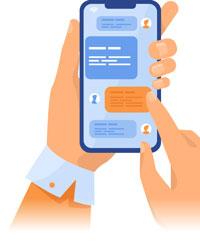 An Indonesian study revealed that 53% of the respondents admitted that internet memes did not help to ease their anxiety and depression symptoms
An Indonesian study revealed that 53% of the respondents admitted that internet memes did not help to ease their anxiety and depression symptoms
The internet is a pickle (more like a jungle). Not everyone can be or should be comforted. Therefore, more importance should be given to your personal needs, despite the point of view of an online stranger. Failing to do so may greatly affect your physical, psychological, and social functionality
It is a thin line between dark humour and online bullying. It is easy to cross the line from humour to harassment due to anonymity guaranteed by the internet
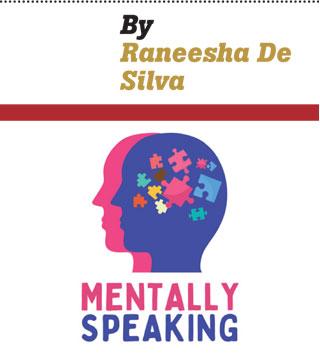 Without our knowledge or maybe even deliberately, we engage in certain behaviours to distance ourselves from unpleasant situations that distress us. Such actions are referred to by the self-explanatory term, “Defence Mechanisms”. Denial, suppressing your feelings, projecting your frustrations onto others, engaging in harmful behaviours such as self-harm and substance abuse, are a few examples of negative coping mechanisms.
Without our knowledge or maybe even deliberately, we engage in certain behaviours to distance ourselves from unpleasant situations that distress us. Such actions are referred to by the self-explanatory term, “Defence Mechanisms”. Denial, suppressing your feelings, projecting your frustrations onto others, engaging in harmful behaviours such as self-harm and substance abuse, are a few examples of negative coping mechanisms.
When we are distressed, we often feel helpless. When we feel helpless, we try to take control over the situation, and humour is one the most effective and popular means to ‘temporarily escape’ an uncomfortable situation. It is often viewed as a healthy way of coping with loss, grief, and/or trauma whilst ensuring a positive reaction from others.
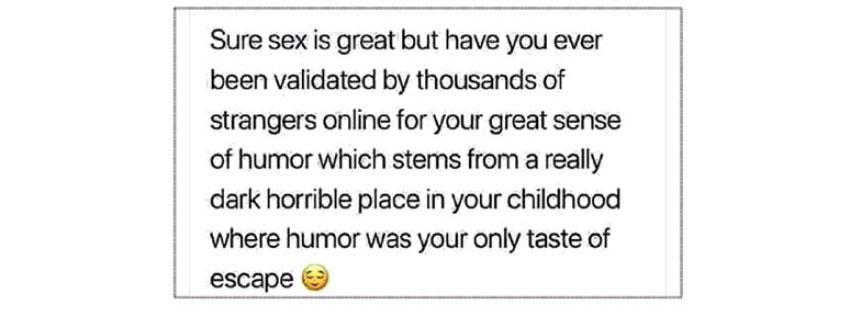
How does it look in this technological era?
A meme can be a picture or a video which portrays trending discussions in a humorous way. Creating and sharing memes often facilitate a platform for us to discuss intense matters in a light-hearted manner, may it be about:
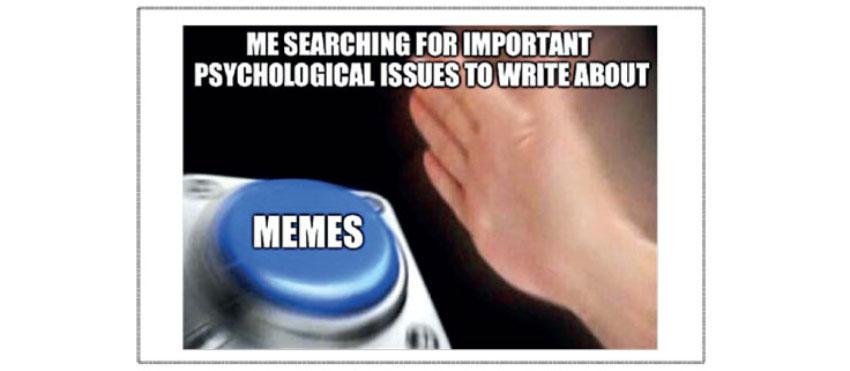
Sports
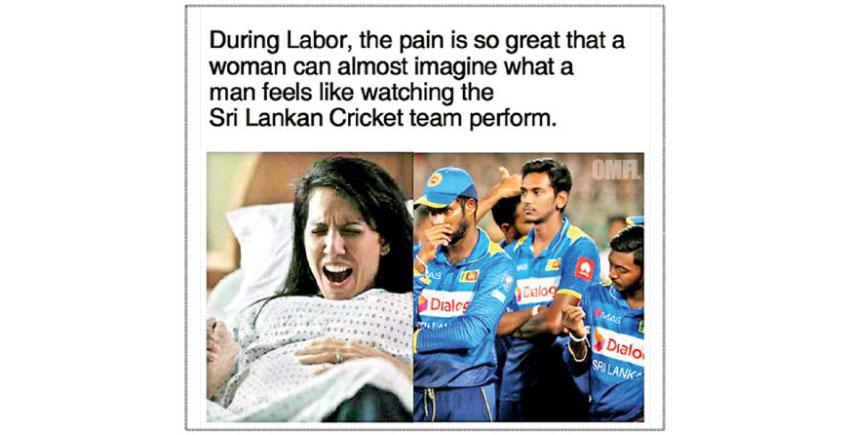
Politics
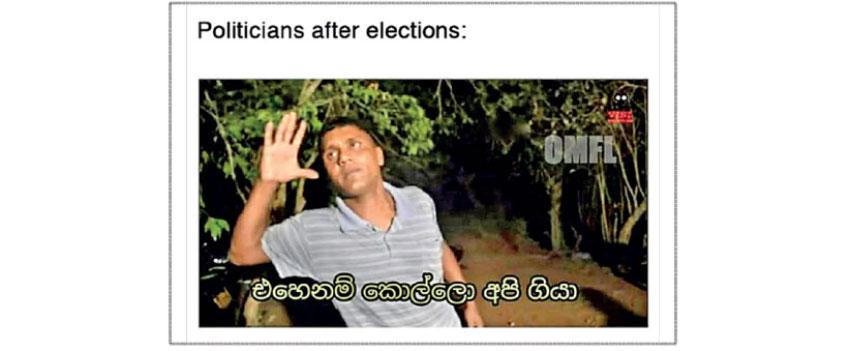
Global pandemics
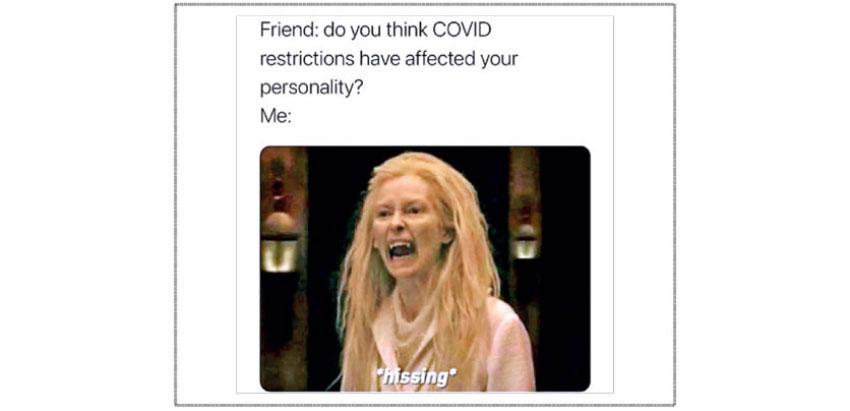
Current affairs
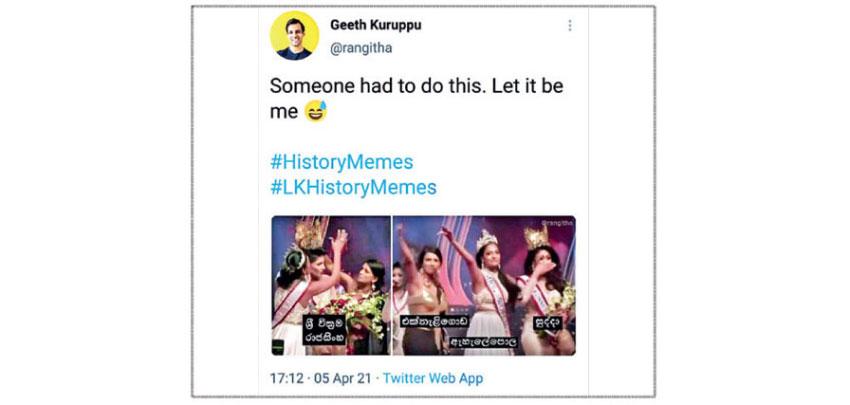
Self-reflecting and mental health
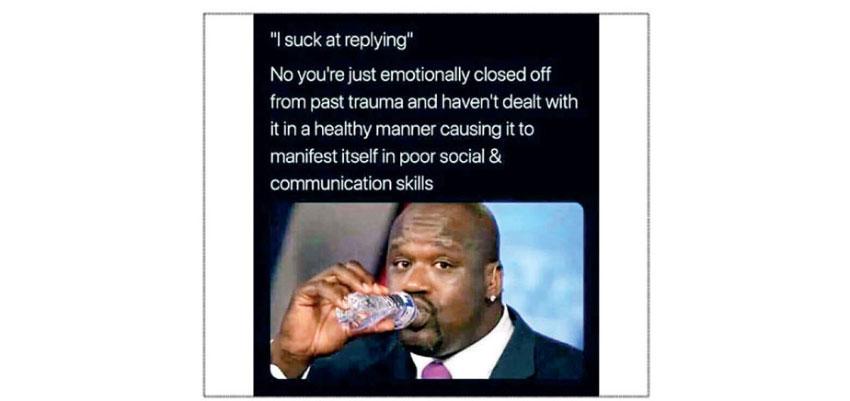
Memes are the most efficient way to communicate information to another at present, despite the intensity of the situation. Due to its humorous nature, the audience receives it more positively which has a lasting effect in retaining information. As much as we create and share memes for personal enjoyment, it positively contributes to enhancing social relationships as well. It is a common occurrence to witness social media users sharing traumatic experiences, dating advice, and/or mental health support via memes which strengthens relationships due to high relatability.
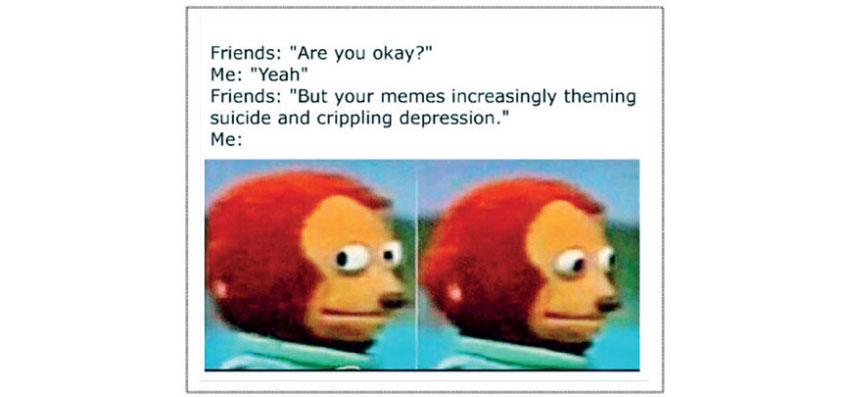
A study (Kariko & Anasih, 2019) in Indonesia with a sample of university students revealed that 60% of them really enjoyed the humour in memes whereas 30% of them enjoyed the relatability of internet memes. More interestingly (or rather worryingly), 71% of the respondents reported having experienced anxiety and/or depression symptoms, and these students claimed to prefer self-deprecating and depressing memes.
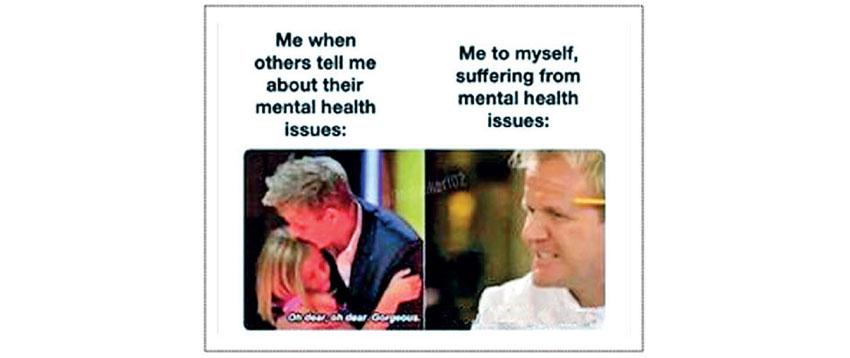
The Gen Z (born after 1996) social media users are the most prevalent in using memes to communicate, to the extent that it is actually affecting norms of conversation rules which in turn may negatively affect social and interpersonal skills.
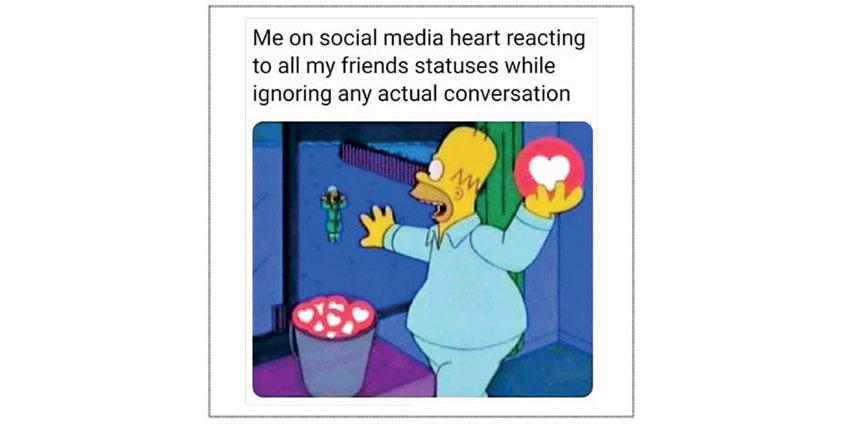
As much as memes are fun and useful, where do we draw the line?
It is a thin line between dark humour and online bullying. It is easy to cross the line from humour to harassment due to anonymity guaranteed by the internet. People are willing to be more forthcoming despite consequences due to lack of policing. The need to stay relevant and the social pressure to find “dark humour” to be entertaining is truly concerning because if you decide to defy this conformity, you will be considered a “snowflake” — a person who is easily offended.

The internet is a pickle (more like a jungle). Not everyone can be or should be comforted. Therefore, more importance should be given to your personal needs, despite the point of view of an online stranger. Failing to do so may greatly affect your physical, psychological, and/or social functionality.
The Indonesian study also revealed that 53% of the respondents admitted that internet memes did not help ease their anxiety and/or depression symptoms.
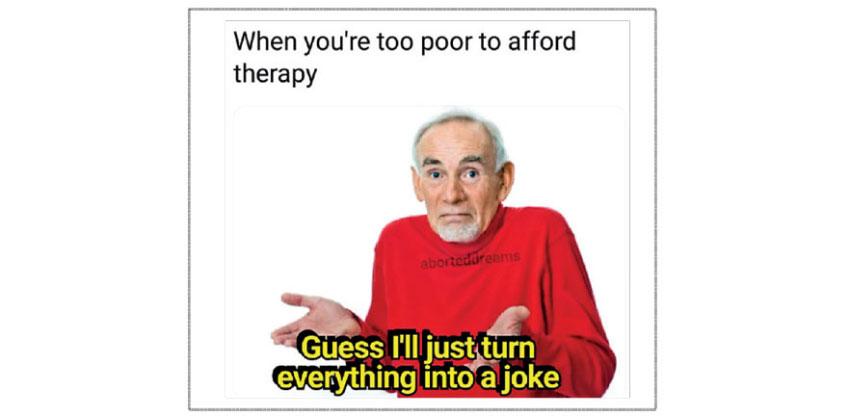
As much as memes are helpful to generalise mental health difficulties and challenge barriers of stigma, it is important to know when to seek professional mental health services.
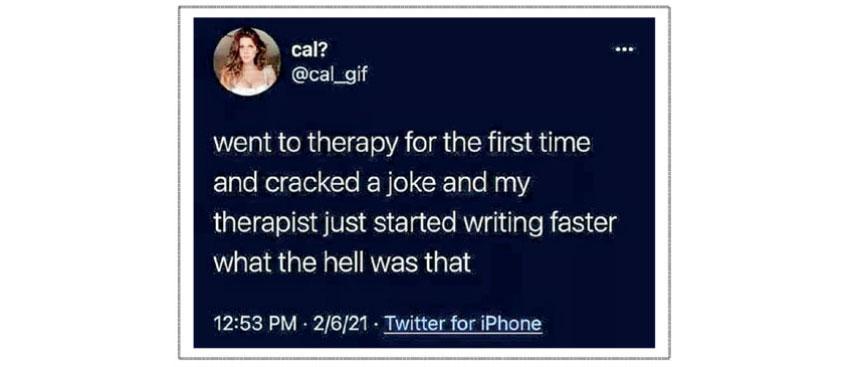
Oh, don’t worry about that! We are just noting down that you have a positive outlook on life which can be useful in developing healthy coping mechanisms.
On that note, here’s a sneak peek of me after a session with a meme-lord/lady.
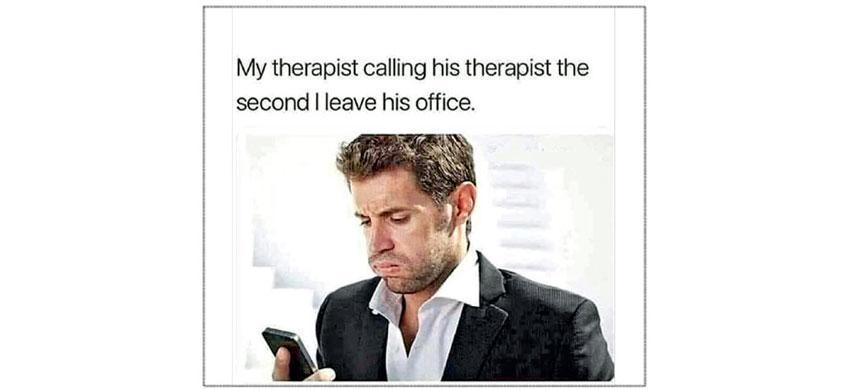
Seriously, I’m just kidding!
Author bio: Raneesha De Silva is a Forensic Psychologist based in Sri Lanka who currently leads a QR-GCRF funded research project regarding post-crisis disaster management of armed forces. Raneesha has research and clinical experience across maximum-security prison, military hospital, and high secure hospital. Her research interests include trauma and recovery, bullying, callous and unemotional traits, psychopathy, and serial homicide.
24 Nov 2024 6 minute ago
24 Nov 2024 12 minute ago
24 Nov 2024 1 hours ago
24 Nov 2024 6 hours ago
24 Nov 2024 7 hours ago